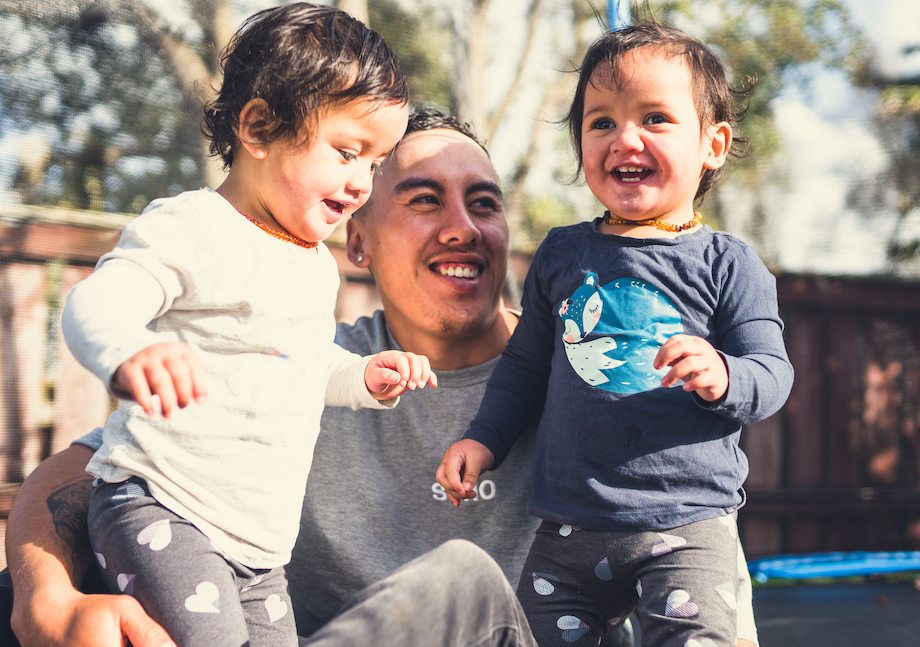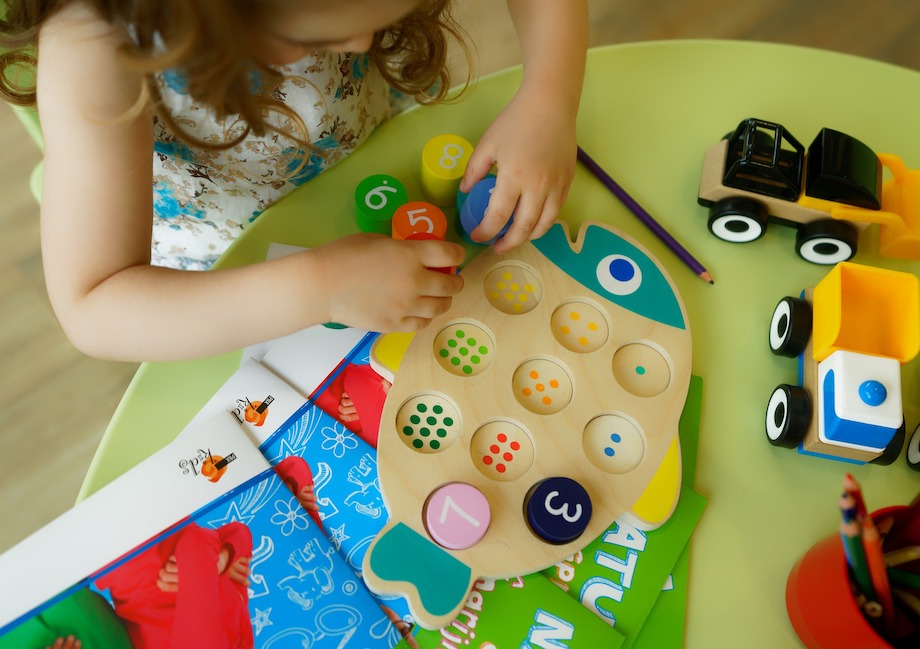
Alternatives to physical punishment
- Not responding to “No!”
- Tantrums
- Aggressive behaviour, eg biting, pulling hair, hitting
- Not staying in their bed or bedroom
- Making a ‘mess’, eg dropping food from the highchair
- Toilet training “accidents”
- Not sharing
None of these are unusual behaviours for toddlers. In other words, these are quite normal and common in this age group. Some are inappropriate and require guidance towards more appropriate behaviour. Others require understanding their developmental stage; and whether OUR expectations are appropriate or not!
All of these behaviours can be responded to without smacking, and without threatening to smack.
Not responding to “No!”
Children need to touch things, climb things, poke things, pull things and drop things, in order to learn about their abilities and their environment. Hearing an occasional ‘no’ does not help them to make sense of their world, and they have not yet developed an understanding about danger, or about things needing to be out of bounds to them.
Suggestions:
- A firm change of tone in the voice – keep it simple “No! Danger!!” “No, Hot!!”
- Distraction can work wonders and can avoid the games which toddlers will play when you say “No!” and they become more determined to do it.
- Is the environment child-friendly? Do you need your pot plants, ornaments or C.D.’s at ground level? Can you erect a make-shift gate to keep them out of the kitchen? Do you have a safe, fenced outside area?
- Remove the child from the situation.
- Don’t expect them to instantly obey your commands always, they are not police dogs in training!
Tantrums
Toddlers are very self-focused; they rarely throw tantrums when they are happy feeding the ducks or being pushed on a swing. But as soon as we try to leave the park, the tantrum is unleashed!
Their patience is limited, their attention span short, and their legs are little. Be reasonable about your expectations while out shopping, visiting friends, or sitting in waiting rooms.
The more you can learn to anticipate tantrums, the more you may be able to avoid them.
- Is the child hungry? tired? bored? unwell?
- Humour them: “Look! There goes a purple crocodile!!”; “Shh I can hear a fairy!” Sometimes these work, so it’s worth a try.
- Distraction: “Come on, we’ll go and blow some bubbles.” Sing a silly song, pull a funny face, make a strange sound.
- Time-out: do they just need to be held? A hug offered might shorten the tantrum.
- Can you ignore it? Who is it really bothering? Perhaps they just need a decent scream and stamp to relieve some energy and anger.
- Don’t be inconsistent and give in. They will soon learn that they can get you to change your mind if the tantrum works, so it’s worth their while to continue with tantrums to see if you give in first.
- Catch them when they’re good: make a fuss of them with praise and encouragement, especially when you can anticipate a tantrum: “Wow, you’re doing so well learning to share your toys. We’re so proud of you!” (Three year olds respond quite well to this sometimes!)
Aggressive behaviour
Aggression breeds aggression. If you hurt them for being aggressive, they will become confused. It does not make sense to them that they cannot hurt others, or you, when you are allowed to hurt them.
- “Shadow” them: if you know that they hurt other children in their playgroup, or other siblings, then you may need to “shadow” them during this stage. This means not leaving them alone with the other children. If you leave the room, take them with you.
- Use a firm tone of voice: “No! People are not for biting!”
- Give lots of praise when they play non-aggressively.
Not staying in bed
Bedrooms can seem lonely and scary, especially at night. Many toddlers do not want to leave the family noise and fun.
- Can you leave doors open and hall lights on? A nursery rhyme tape playing?
- Establish a bedtime routine. Toddlers will learn about bedtime routines pretty quickly. Give several warnings, “Nearly bedtime, as soon as this programme is finished.” Follow-up with toilet, teeth, and bedtime stories. Keep it simple and keep it similar.
- Give lots of praise when they stay in bed. Don’t entertain all their distractions, but keep the routine friendly. They often dread the battle just as much as we do, and if bedtime becomes an angry and frustrating experience, then they will dread it even more.
Making a mess
This is a very necessary part of their learning. They have no understanding of “OK mess” and “not OK mess”. They watch you put water on the floor to clean it, so water on the floor must be OK. They can throw bread on the lawn, why not the carpet?
- Give them plenty of opportunities to be creative and make “OK messes”. Mud, sand, play dough, finger paints, helping in the kitchen, cutting up the junk mail.
- Encourage them to help clean up, make this a fun time as well. “Let’s see if you can use the brush and shovel to pick up all the paper scraps!”
Toilet training
This depends on a number of things falling into place, especially with their physical development. We have little influence on this, and most children do not reach the required level of development until around three years old.
Mistakes will be inevitable, some toddlers will have a few, others will have many. If lots of mistakes are happening, then they are probably not ready. Stop the training, and try again a few months later. Make a big fuss of all the successes.
Not sharing
Many adults do not share very well! This is try an adult concept, and takes a very long time to learn. Toddlers are just learning that they actually ‘own’ things, don’t expect them to grasp sharing as well!
- Introduce the concept of ‘taking turns’. They will eventually learn to understand this.
- Use distraction with the waiting child.
Also see the Discipline article in the 2-4 years section.






